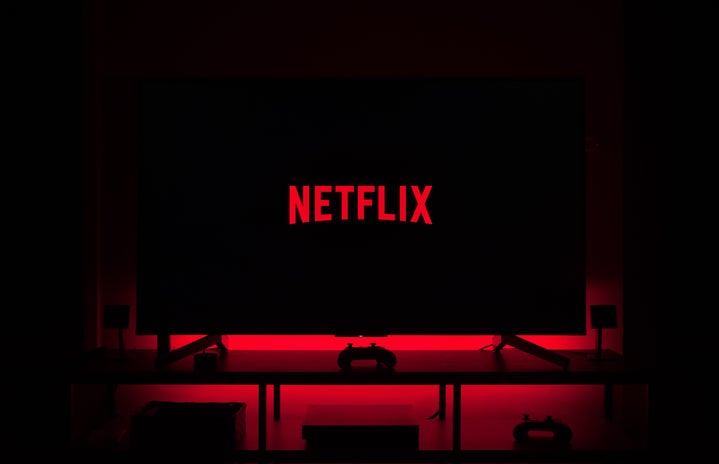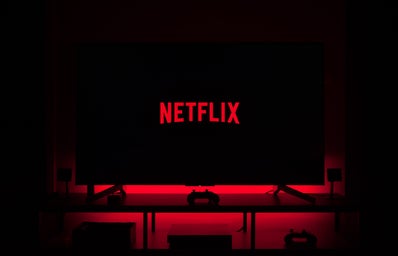Since my early teens, romantic comedies, and romantic movies, in general, have been my favorite movies. Generally, though, I tried to keep this fact under wraps, feeling guilty that anyone might see me as someone who loves the “cringe” plots and predictable narratives of romantic movies and shows. My friends have adopted a tradition, of watching someone’s favorite movie together as a celebration of their birthday. When I was tasked with coming up with what my favorite movie was for “hypothetical reasons” I had no clue what to say. What movie would I usher in the 19th year of my life with? What movie could I force my new college friends, who didn’t even know I existed in on my previous birthday, to watch? The Notebook, La La Land, Love Actually, or even Me Before You, all I could think of were the cheesiest, most ridiculous movies of all time, romance movies. Eventually, I shamefully admitted to my love of Notting Hill, a 1999 film starring Hugh Grant and Julia Roberts that I had first seen on Netflix in 2021, but consistently continued to watch. I had never been made to feel like this should be a guilty admittance, in fact, we had watched The Princess Bride for fun a few weeks before. Everyone enjoyed it and we all awed and laughed as if the world around us had stopped for the duration of watching. So, what is it about Notting Hill that made me feel so much guilt?
One of my courses explored the idea of guilty pleasures a few weeks before the crucial favorite movie question arose, and we had read and analyzed multiple articles on the importance of removing guilt from things one finds pleasurable. I had agreed with much of what was said. Eventually, I came to realize that because we have been told repeatedly that romantic comedies are not meant to be taken as seriously, they’re not meant to be seen as the finest works of literature or screenwriting, I really started to believe these things. I noticed this wasn’t the first time I had thought in this way either.
What exactly is a guilty pleasure? Dr. Sami Schalk, a professor of gender and women’s studies at the University of Wisconsin-Madison says, “A guilty pleasure is something that we enjoy, but we know we’re either not supposed to like, or that liking it says something negative about us.” In reading Michaela Marini Higgs’ article for The New York Times, “Guilty’ Pleasures? No Such Thing”, where Schalk defines guilty pleasures, it becomes evident that there are actual benefits to viewing or reading the “trashy” reality TV or the “cringe” romances. Specifically, “Taking a mental break and enjoying something that doesn’t require intense intellectual focus gets us out of problem-solving mode.” Further, it has been shown to improve handling stressors and increase positive engagement with others. Knowing that guilty pleasures are truly just pleasures, I decided to surge through and relook at what I was ashamed of finding an interest in previously.
I never walked around saying everyone should watch Love Is Blind, yet with every new season’s release, I would (and still do, as season 4 recently began) excitedly wait for the next batch of episodes to be released and then binge them. I just cannot stop watching it. Even though the stories of people in pods are far from kissing in the rain, chance encounters in a London bookshop, or falling in love with the brother of a woman who you house-swapped with for the Christmas season, it’s still so enamoring. Maybe even more so than the stories of fictional girls like Isabella “Belly” Conklin of The Summer I Turned Pretty series, or Amelia “Mia” Mignonette Grimaldi Thermopolis Renaldi of The Princess Diaries. This is because most of us will never experience being sought after by a pair of dashing siblings or being heir to the throne of Genova (an entirely fictitious country). However, watching love in any form feels like hope. For hopeless romantics like me, and those already in love, the places where romantic comedies go often feel so unachievable. Yet, these places bring out a desire, to be loved, to love, and for a more loving world in people.


